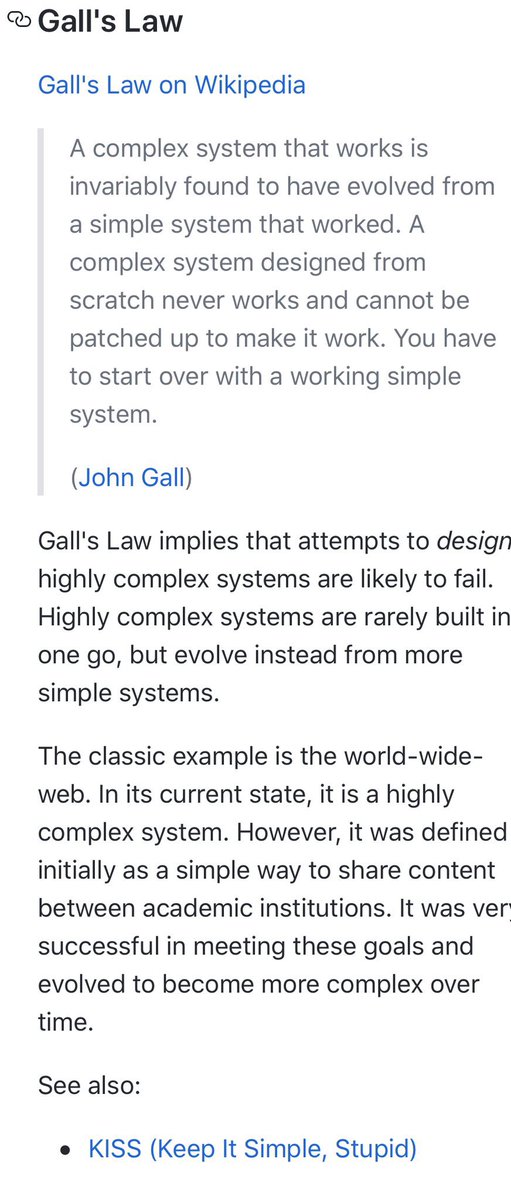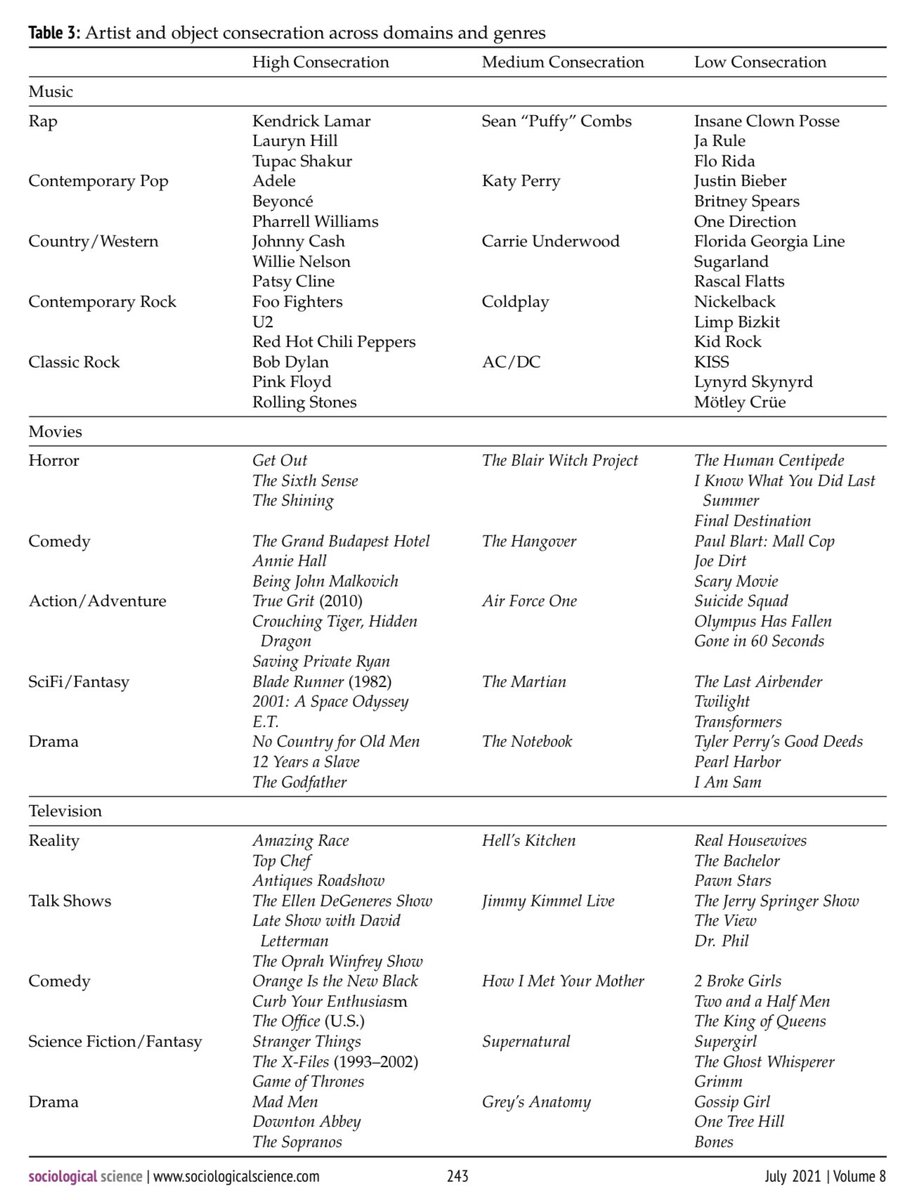
Seven classes of strategic errors:
I Misinformation: claiming a data relationship that isn’t there
II Misinformation: missing a relationship
III Vision: Solving wrong problem
IV Innovation: Not generating alternatives
V Inaction
VI Action: Acting when you shouldn’t
VII Cascade!
I Misinformation: claiming a data relationship that isn’t there
II Misinformation: missing a relationship
III Vision: Solving wrong problem
IV Innovation: Not generating alternatives
V Inaction
VI Action: Acting when you shouldn’t
VII Cascade!

This paper outlines 7 classes of errors that affect strategic decision makers, ending with the epic-sounding Type VII Iatrogensis Cascade. Also, there’s a list of questions to ask yourself to avoid cascades. The paper is readable & full of examples. semanticscholar.org/paper/Decision… 



Many of these are warnings for entrepreneurs. Positives about founders (bias towards action, willingness to experiment) can become negatives if not also tempered with a little planning & patience. It is why having a formal business plan increases a startup's chances by 10-20%. 





The Iraq War & Subprime Mortgage Crisis as Type VII errors, where interactions between other errors lead to a failure cascade, turning the original regular problems into “wicked problems” that have complex & overlapping causes without simple solutions. 



• • •
Missing some Tweet in this thread? You can try to
force a refresh












